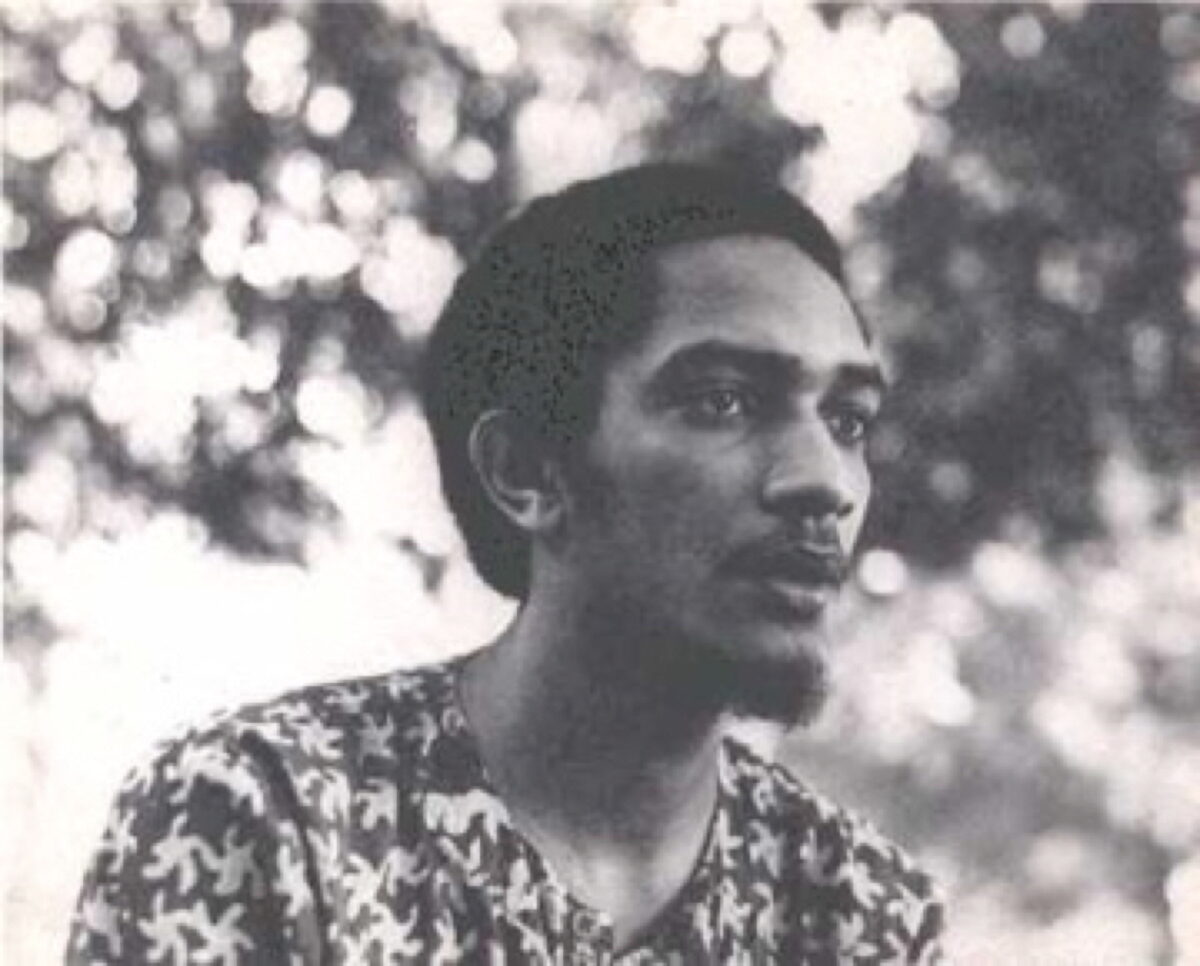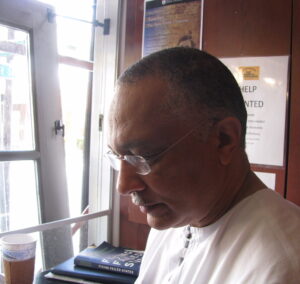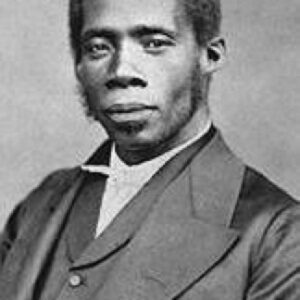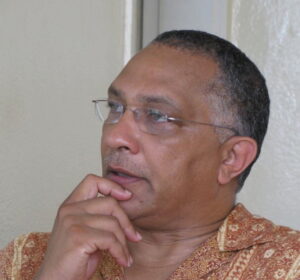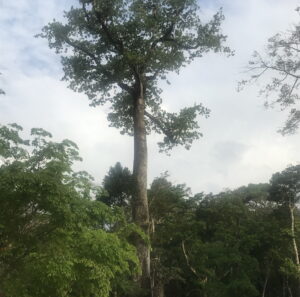In order to earn a living as a writer, I decided to major in journalism as an undergraduate. I wound my way to Howard University, then the most dynamic and prestigious black university in the world.
I was fortunate to study writing and investigative reporting under luminaries like Samuel Yette, who had covered the Civil Rights Movement with his camera and pen, and Wallace Terry, a former war correspondent in Vietnam.
There were workshops and interactions with leading black thinkers, including poet Leon Damas (a collaborator with Léopold Senghor in the Negritude Movement that began in the 1930s) and writer Haki Madhubuti (a major contributor to the Black Arts Movement of the 1960s). From them I learned that life without myths and music is dry rice without “soup.”
My career as a journalist was short but satisfying. Among other media, I published in West Africa, New African, The New York Times, Essence, the Long Island Newsday and the Milwaukee Journal.
Born in Liberia and educated in the United States, my main passion has been exploring the rich and often overlooked culture, arts and humanities of Africa and its Diaspora.
Writing for Audience and Impact
